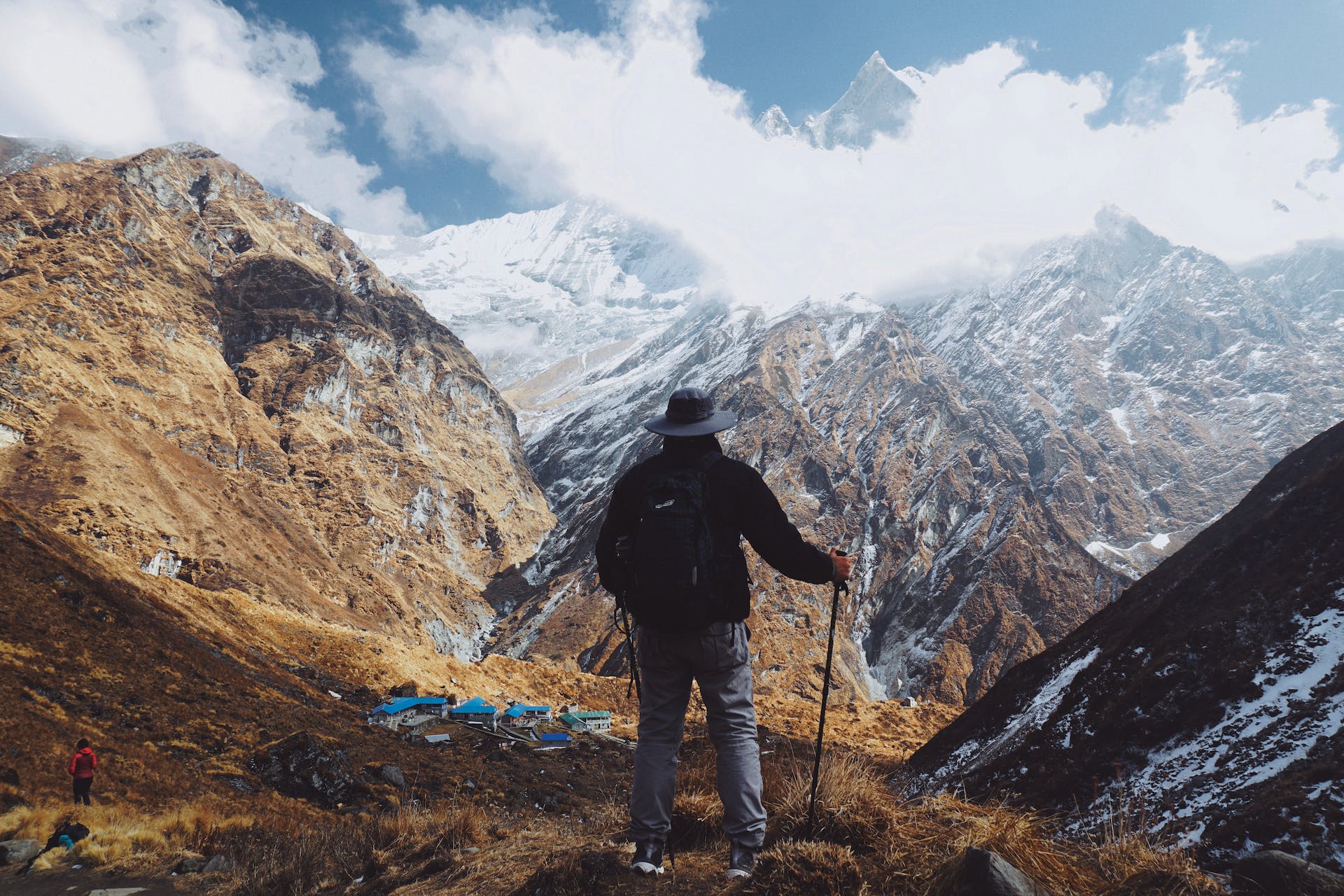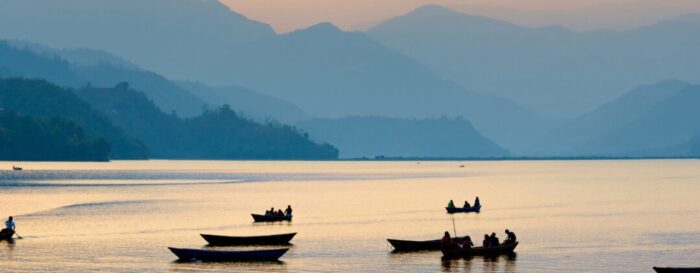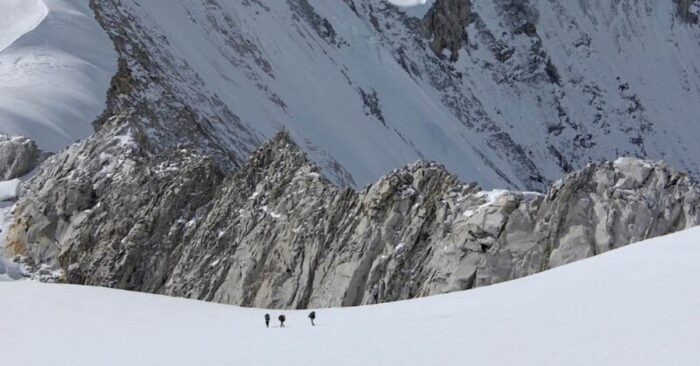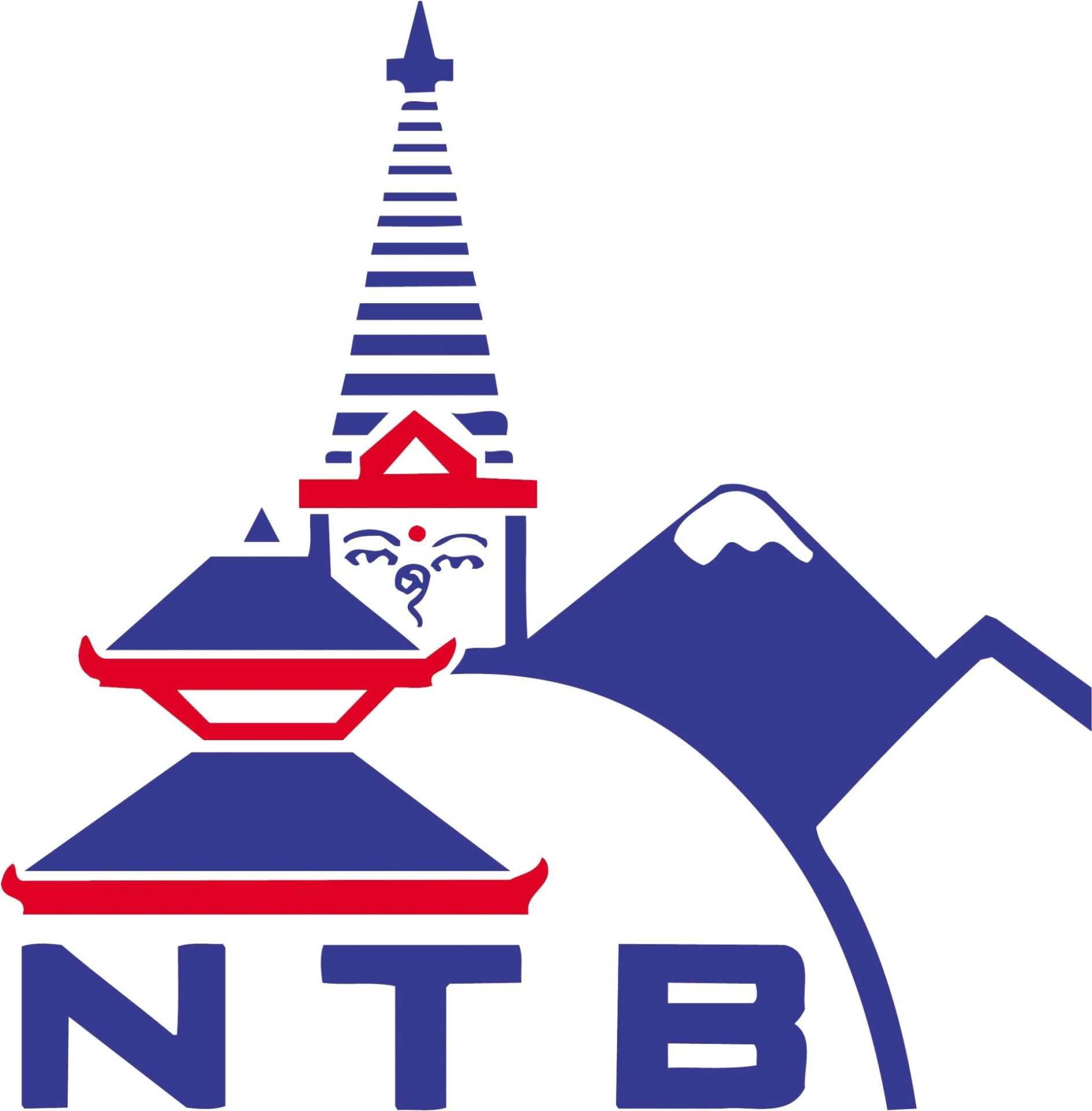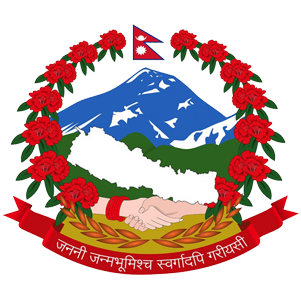Responsible Trekking in Nepal: Essential Guidelines for Sustainable Adventures
Nepal is a popular trekking destination with breathtaking landscapes and diverse cultures. Responsible trekking involves adopting practices and behaviors that reduce the environmental effects of trekking activities while respecting local communities and cultures. It aims to promote sustainability, preserve natural landscapes, and improve the well-being of the destinations.
Research and Choose Responsible Operators
Selecting a responsible trekking operator in Nepal is fundamental to promoting ethical and sustainable tourism. Responsible operators prioritize environmentally friendly practices, support local communities, and ensure fair treatment of their staff. Trekking companies that adhere to these principles contribute positively to the conservation of Nepal’s natural beauty and cultural heritage. It is essential for trekkers to thoroughly research and choose operators committed to minimizing their ecological footprint and fostering a responsible tourism ethic.
Stay on Designated Trails
Trekking responsibly in Nepal involves staying on designated trails to minimize environmental impact. Straying off these paths can lead to soil erosion, disrupt fragile ecosystems, and harm local vegetation. Trekking activities are guaranteed to be sustainable for future generations when established routes are followed, contributing to the preservation of the natural beauty of the landscapes.
Practice Leave No Trace
The principle of ‘Leave No Trace’ emphasizes the importance of minimizing one’s impact on the environment. Trekkers should aim to leave minimal impact on the environment by packing out all waste, disposing of it properly, and refraining from littering. This ensures that the trekking areas remain pristine for future generations and minimizes the ecological footprint associated with outdoor activities.
Minimize Single-Use Plastics
Minimizing the use of single-use plastics is a key aspect of responsible trekking. Bringing reusable water bottles, containers, and utensils reduces the amount of plastic waste generated during the trek. Many trekking areas in Nepal lack proper waste disposal facilities, so minimizing single-use plastics helps protect the environment and contributes to a cleaner and healthier trekking experience.
Respect Local Cultures
Respecting local cultures is essential for fostering positive interactions between trekkers and the communities they encounter. Trekkers should familiarize themselves with local customs, seek permission before taking photographs, and dress modestly. This cultural sensitivity helps build mutual respect and ensures that the local way of life is preserved and celebrated rather than disrupted.
Support Local Communities
Opting for local accommodations, purchasing locally-made products, and hiring local guides contribute to the economic well-being of the communities along the trekking routes. Supporting local businesses ensures that the financial benefits of tourism are distributed more equitably, creating sustainable livelihoods and fostering a sense of community ownership over the trekking areas.
Conserve Water and Energy
Conscious water and energy consumption are vital for responsible trekking. In many remote trekking regions, water is a precious resource, and energy sources may be limited. Trekkers should use water sparingly, turn off lights and electronic devices when not in use, and be mindful of their energy footprint. Conserving resources helps reduce the environmental impact and promote sustainability.
Wildlife Conservation
Respecting wildlife and their habitats is integral to responsible trekking. Trekkers should observe animals from a distance, avoid feeding them, and refrain from engaging in activities that could disturb their natural behavior. Contributing to local wildlife conservation initiatives and respecting designated wildlife protection zones enhances the preservation of the diverse ecosystems encountered during the trek.
Educate Yourself and Others
Educating oneself about the local environment, culture, and trekking guidelines is essential for responsible trekking. This knowledge enables trekkers to make informed decisions that reduce their environmental impact while also benefiting the destinations they visit. It also helps to spread awareness of responsible trekking practices among trekkers when you share this information with other trekkers.
Follow Regulations and Permits
Fulfilling trekking regulations and obtaining the necessary permits is a fundamental aspect of responsible trekking in Nepal. These regulations are in place to ensure the safety of trekkers, protect the environment, and manage the flow of tourists. Respecting these guidelines helps maintain the integrity of Nepal’s trekking destinations and makes trekking activities more sustainable overall.

